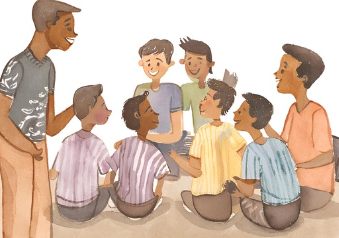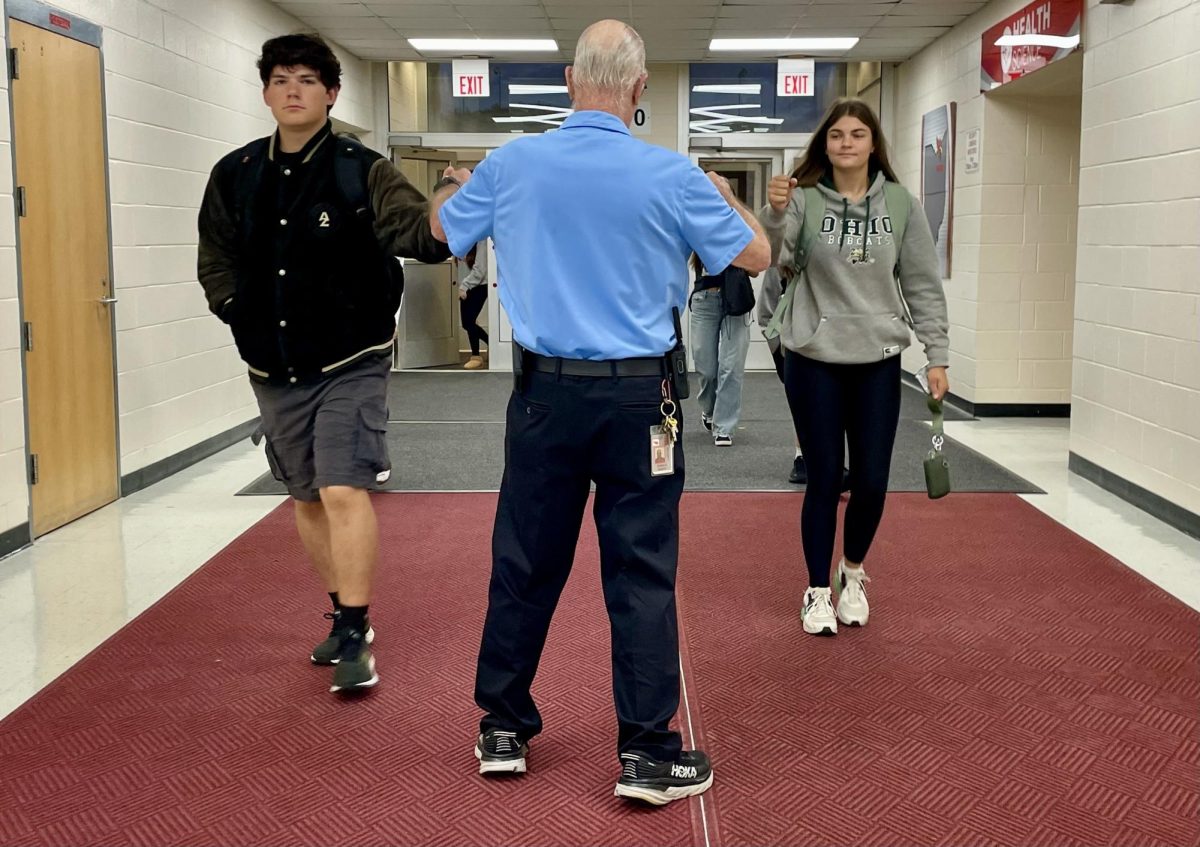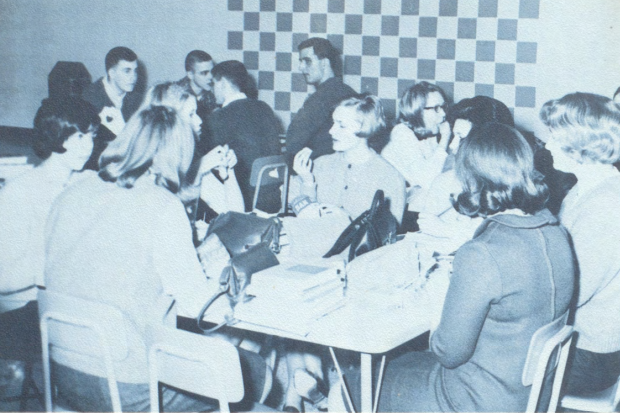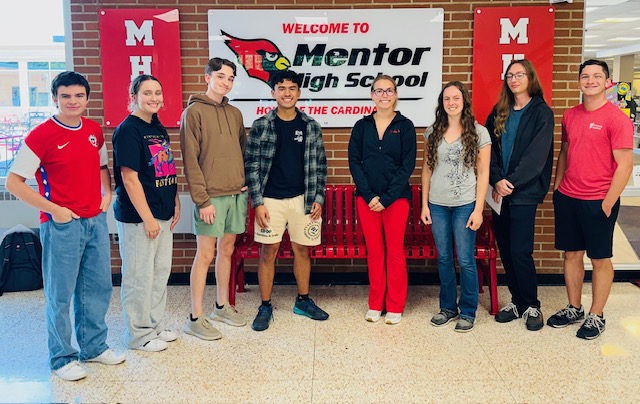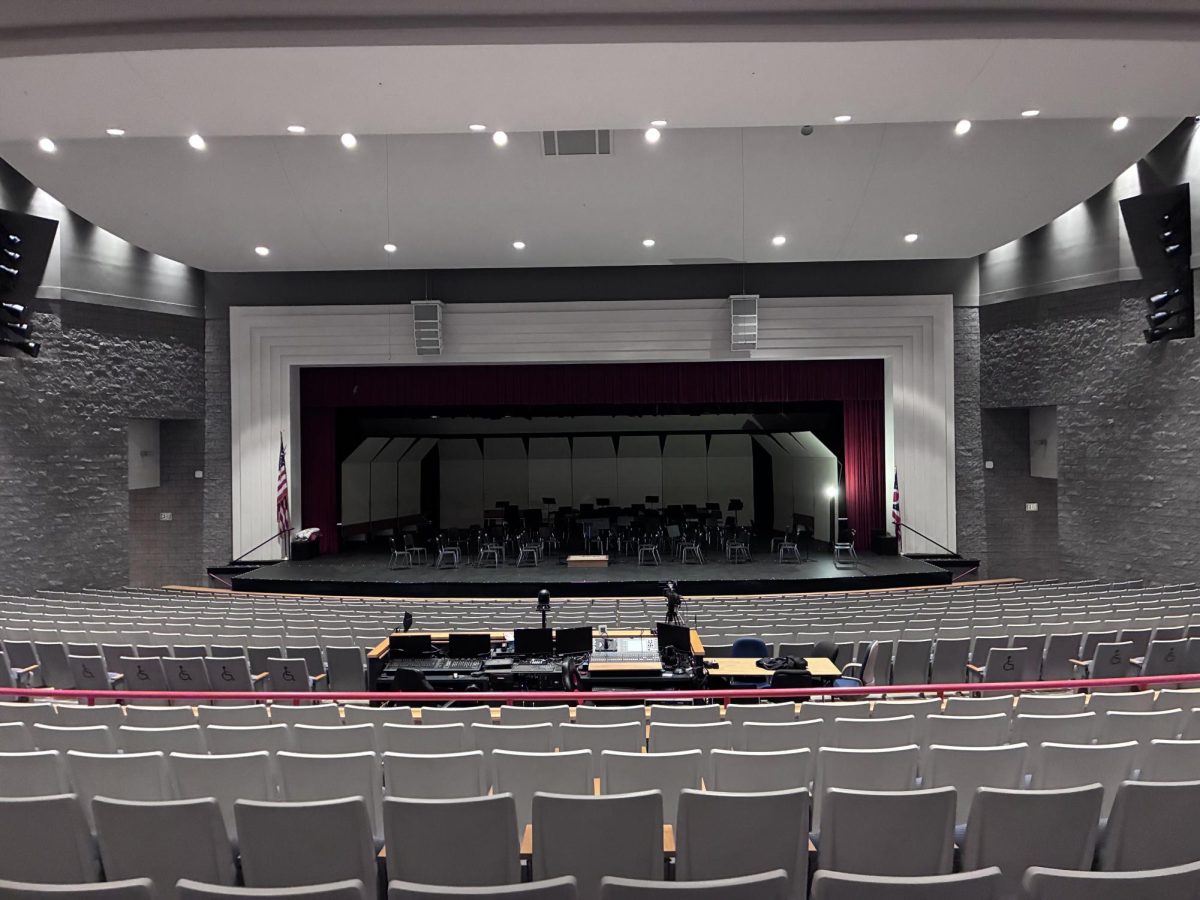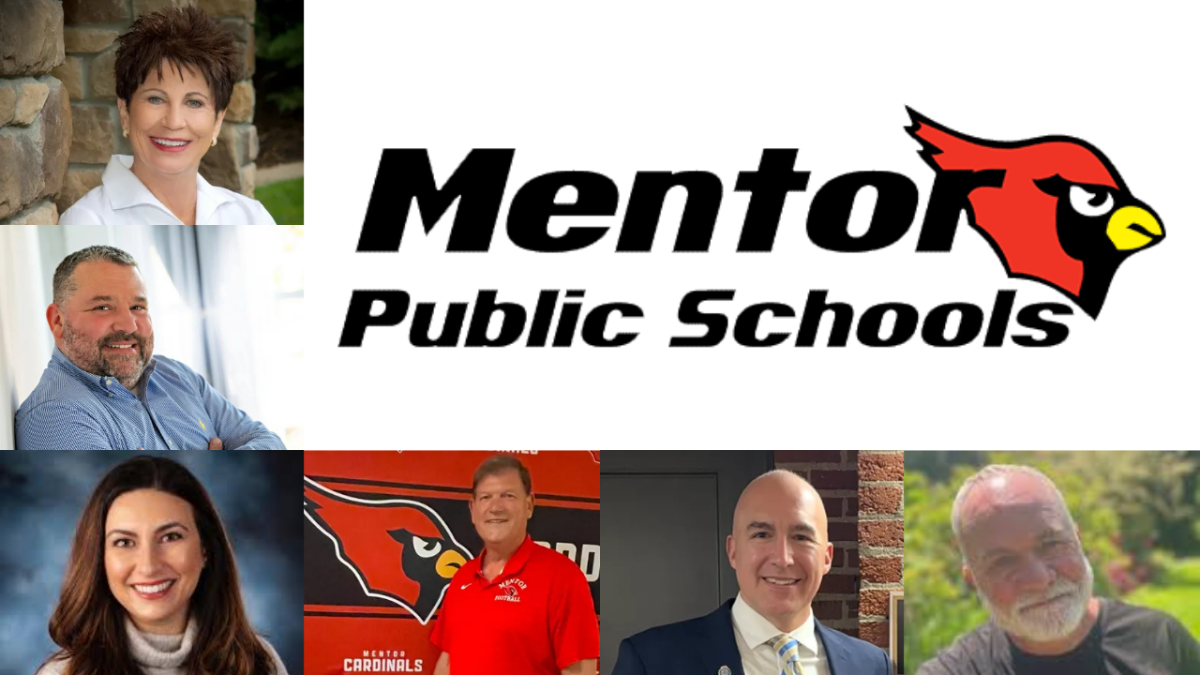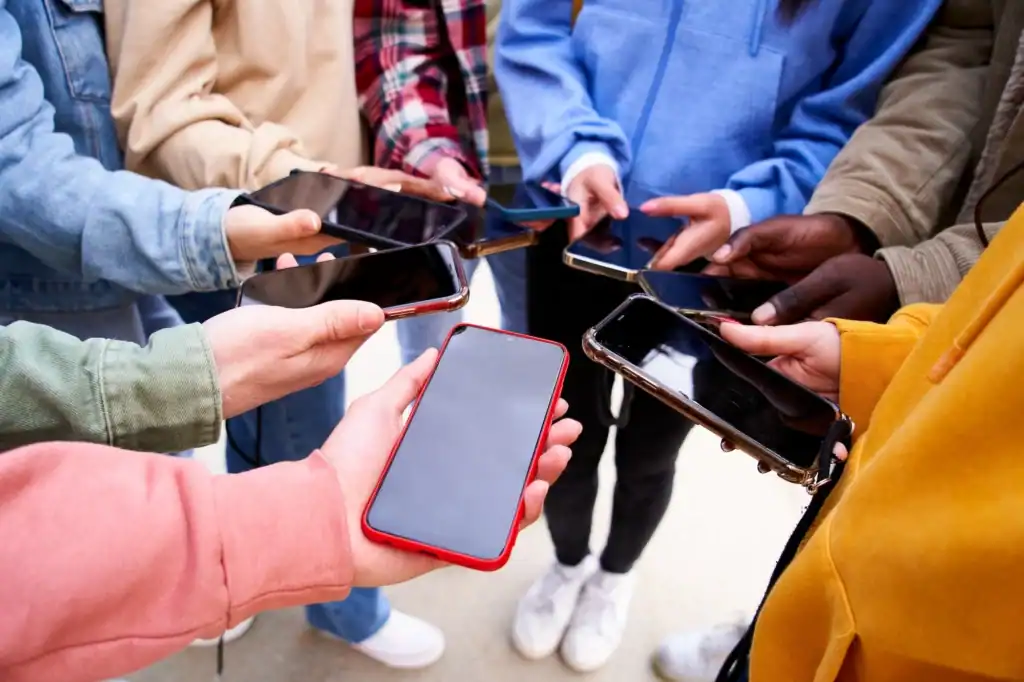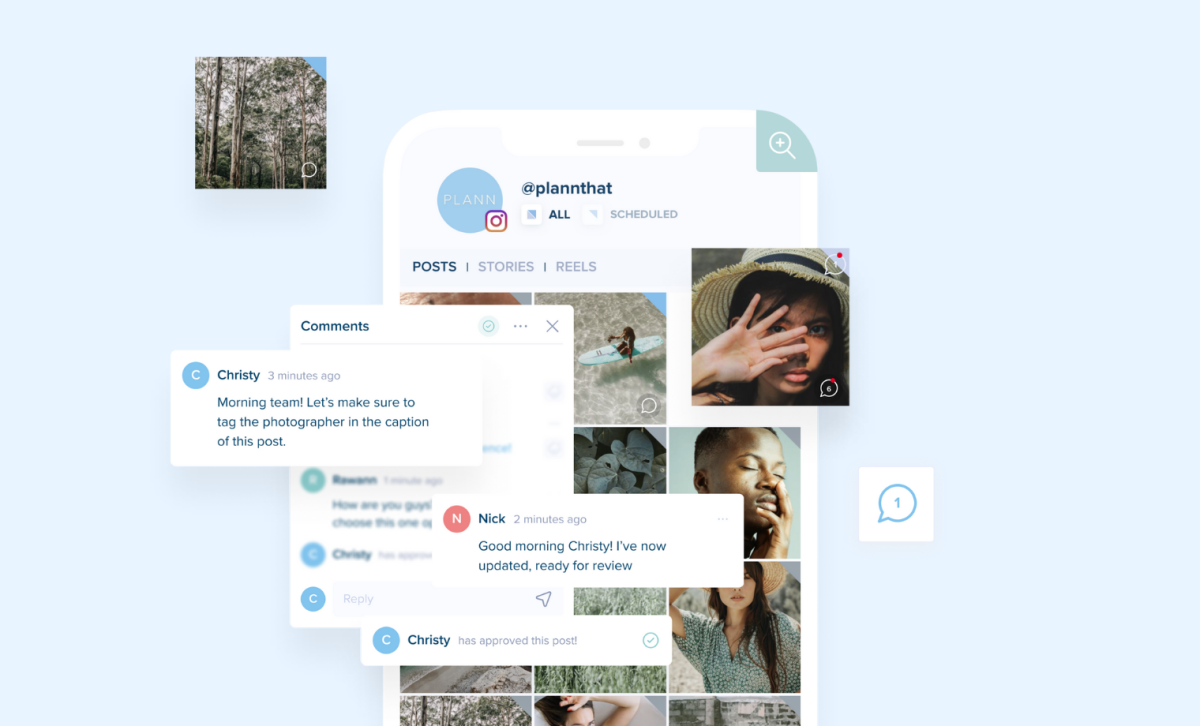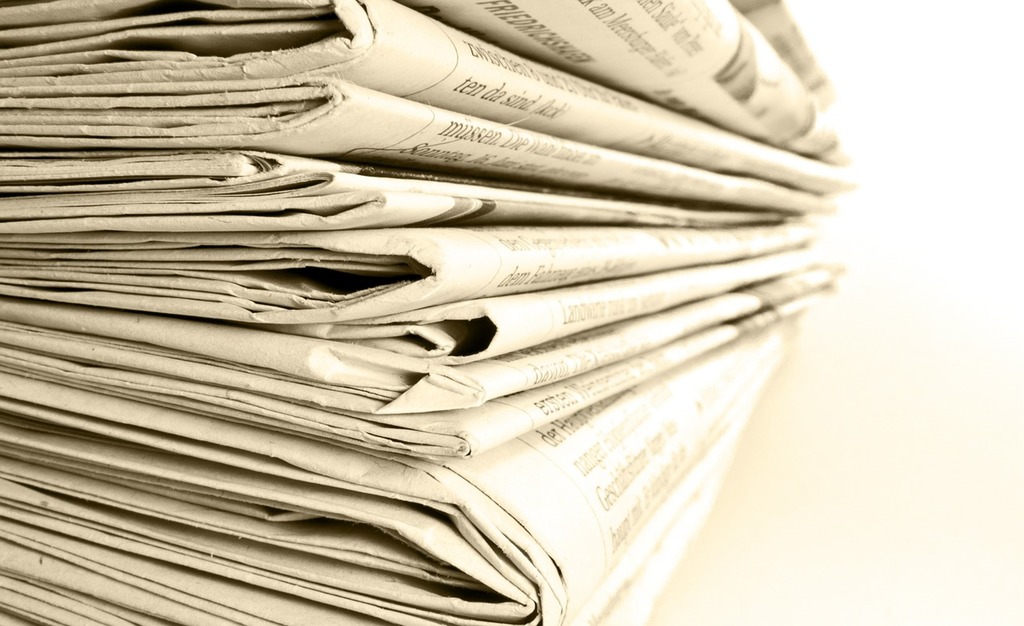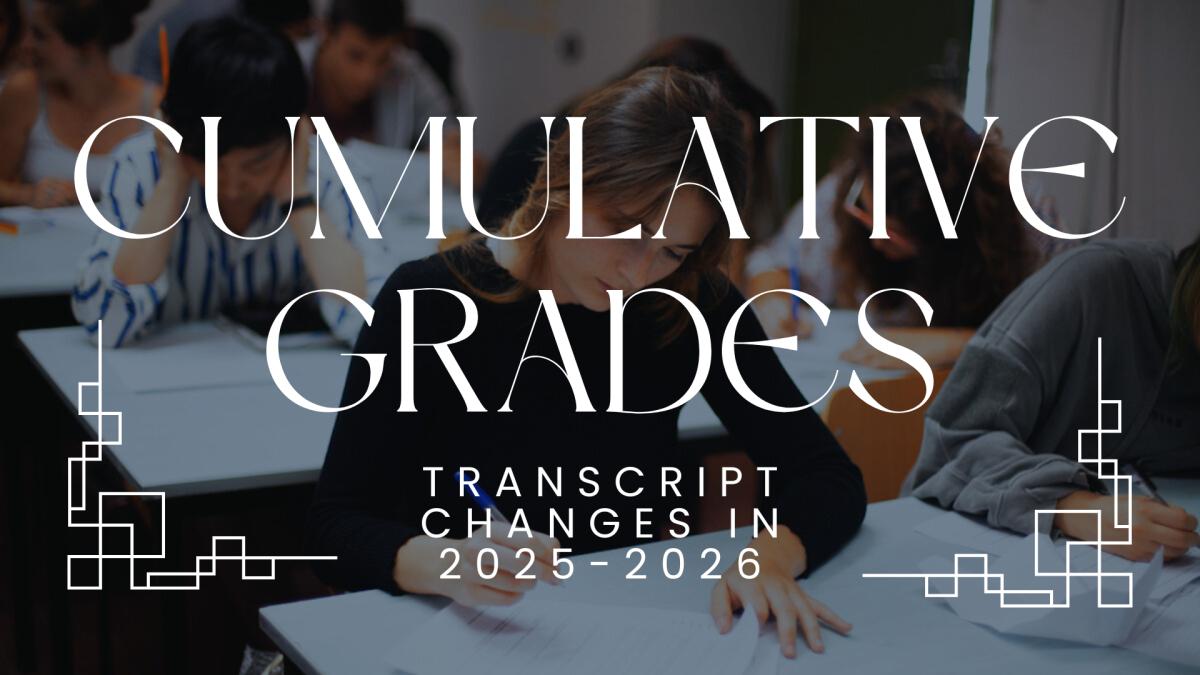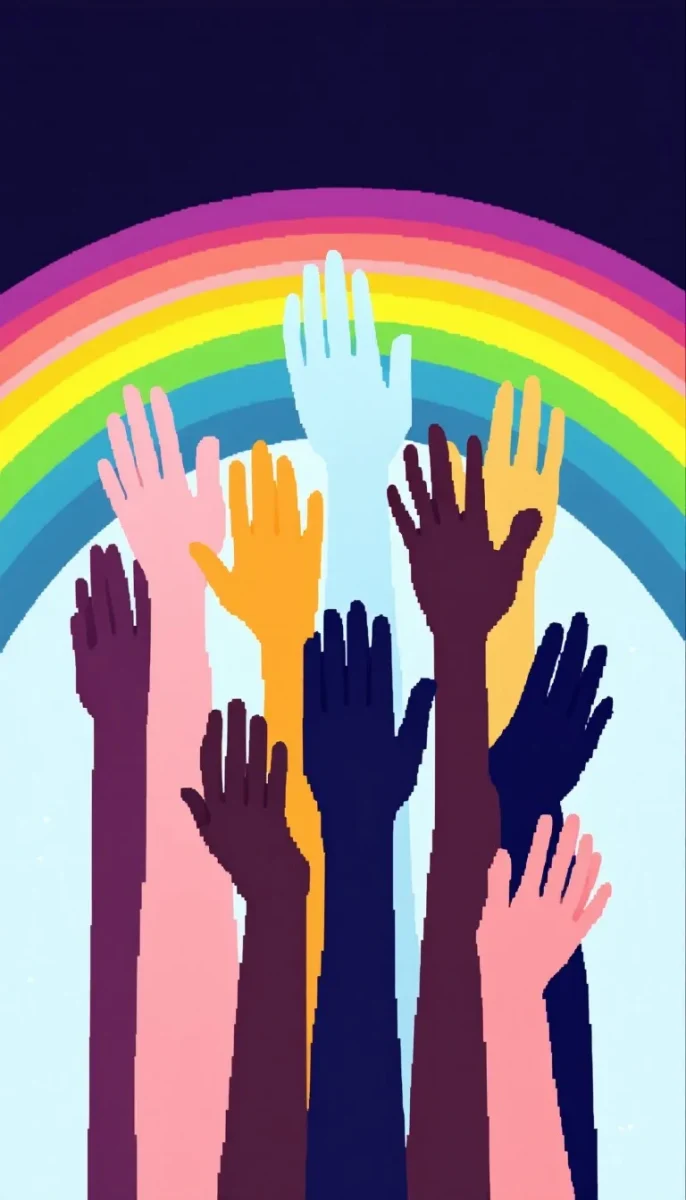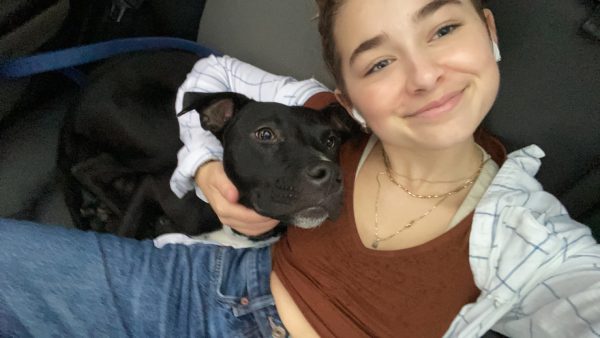As students, we are encouraged to explore and question the world around us. We are asked to reflect on our values and challenge them. As young people, we are expected to question. While some may view this as disrespectful or rude, it is simply our way of understanding the world. I proudly question everything I see and hear, which has led me to the wonders of science, biology, and biogeochemistry, as well as public and school policy.
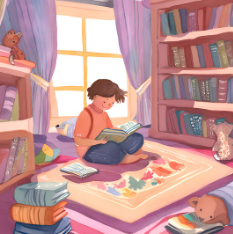
I believe the ability to question should be incorporated into every facet of our education system. Throughout my life, I have often been asked why I believe what I do. Each time, I asked questions and sought answers. This process may seem simple, but in a world filled with misinformation, finding reliable peer-reviewed articles and unbiased media has become increasingly difficult. Too often, the content we consume tells us how to feel instead of encouraging us to think critically. Algorithms play a significant role in shaping public opinion, and it is frustrating to hear the same talking points repeated across social media. While these algorithms are unavoidable, they are often dismissed as harmless, even though their influence runs deep.
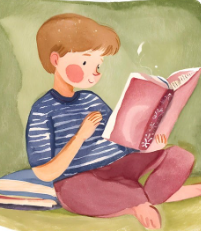
In my academic career, I have read books like 1984 and Fahrenheit 451, which taught me that what we should fear most is apathy. A lack of empathy is dangerous, and I frequently hear the phrase, “But it doesn’t affect me.” While that may be true for some, it sounds cruel to justify the suffering of others simply because it does not directly impact us. Today, we live in a divided world where mass media consumption and algorithms shape nearly every aspect of our beliefs. The connection between the two is undeniable. Mass media distorts our view of reality, making it harder to maintain focus or sustain attention on any one issue. As a result, we forget about the homeless, survivors of abuse, and refugees. We forget that war-torn countries and human suffering persist every day.
Some of these problems are, in fact, our responsibility. For instance, the United States is one of the largest producers of carbon dioxide, and climate change disproportionately impacts the Global South, exacerbating resource scarcity and deepening inequality. Our daily choices have far-reaching consequences for others. What seems unimaginable in our lives is often someone else’s reality.
I believe that young people today are being conditioned not to read, not to question, and not to care. If you doubt this, I invite you to reflect on a few questions: When was the last time you volunteered for a cause you believe in? When was the last time you considered whether the products you buy are ethically made? When was the last time you volunteered at a homeless shelter or soup kitchen? The answers to these questions do not concern me as much as how often we are even asking them.
–